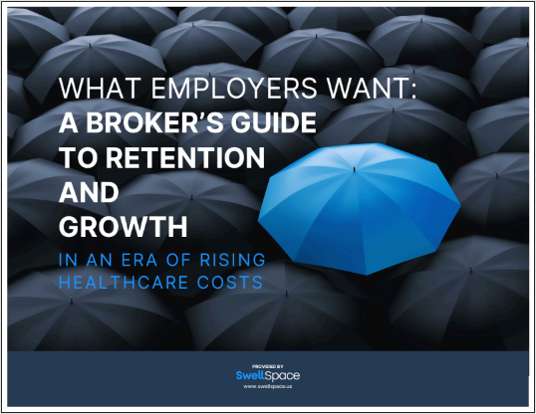MADISON, Wis.-Among non-management personnel at credit unions, four of the five highest paid credit union employees are in the information systems, according to a recent CUNA study. According to the Credit Union Magazine's Complete Staff Salary Survey Report, programmers have the highest average base salary of all non-management employees at $42,256 annually. Compliance officers, Web administrators, systems analysts and network administrators weigh in at average base salaries between $39,000 and $42,000. Salaries of most credit union positions depend upon the size of the credit union the study pointed out. Pay increases across credit unions for this year will decrease slightly for management positions totaling a 4.86% increase in 2000, but down to 4.74% for this year. Non-management employees will find their salary increase about the same as last year at 4.4%. The study included the average base salary, incentive, bonus, total variable pay, and total cash compensation for 26 credit union management employees and 45 non-management positions by asset size, number of members, full-time employees, and region. CUNA also recently completed a study of credit union employee benefits for 2000. The Credit Union Executive Journal's 2001 Credit Union Staff Benefits Survey Report found that more credit unions than ever are offering retirement plans as a major benefit to employees. Overall, 76% of credit unions offer employee retirement plans, a 16-percentage-point increase over 1998. Retirement plans are nearly universal among credit unions with $10 million or more in assets. At year-end 2000, 54% of credit unions offered 401(k) plans as compared to 26% in December 1997. Additionally, the survey found that approximately 60% of credit unions offer group health insurance, more than half provide the option of group life insurance, 86% offer paid vacation leave, and 34% offer educational assistance. Credit union employee benefits expenses rose 14%, on average, between 1997 and 2000. Benefit costs represent an average of 23% of average salary expense, overall. In 2000, the average credit union spent $122,931 on employee benefits. As for credit union CEOs, the survey showed they earn an average of $64,192 a year, a 7.8% increase over the 2000 average salary. The salaries increase as the size of the CU increases. CEOs at the smallest CUs (between $1M-$2M) earn about $29,000, while CEOs at the very largest CUs ($600M+) earn about $245,000. (See salary range chart). CEOs in the Pacific and South Atlantic regions earn the highest salaries, averaging $85,521 and $72,554 respectively. There were a lot of other interesting findings in the CEO portion of the survey. It found that two out of 10 credit union CEOs have written employment contracts. Almost half of CEOs plan to retire in the next 10 years, with 24% planning to retire within the next five. One-third of CEOs held another position with the CU prior to being promoted. CEOs of credit unions earn consistently less than bank CEOs in similar asset ranges. For example, CEOs of CUs with $1 billion or more in assets earn about 79% of a similarly sized bank CEOs. Male CEOs dominate the higher asset CUs, while females dominate the lower asset CUs. At CUs over $600 million, 89% surveyed are run by men. CEOs at the smallest CUs ($1M-$2M) 100% surveyed are run by females.
Continue Reading for Free
Register and gain access to:
- Breaking benefits news and analysis, on-site and via our newsletters and custom alerts
- Educational webcasts, white papers, and ebooks from industry thought leaders
- Critical converage of the property casualty insurance and financial advisory markets on our other ALM sites, PropertyCasualty360 and ThinkAdvisor
Already have an account? Sign In Now
© 2024 ALM Global, LLC, All Rights Reserved. Request academic re-use from www.copyright.com. All other uses, submit a request to [email protected]. For more information visit Asset & Logo Licensing.








